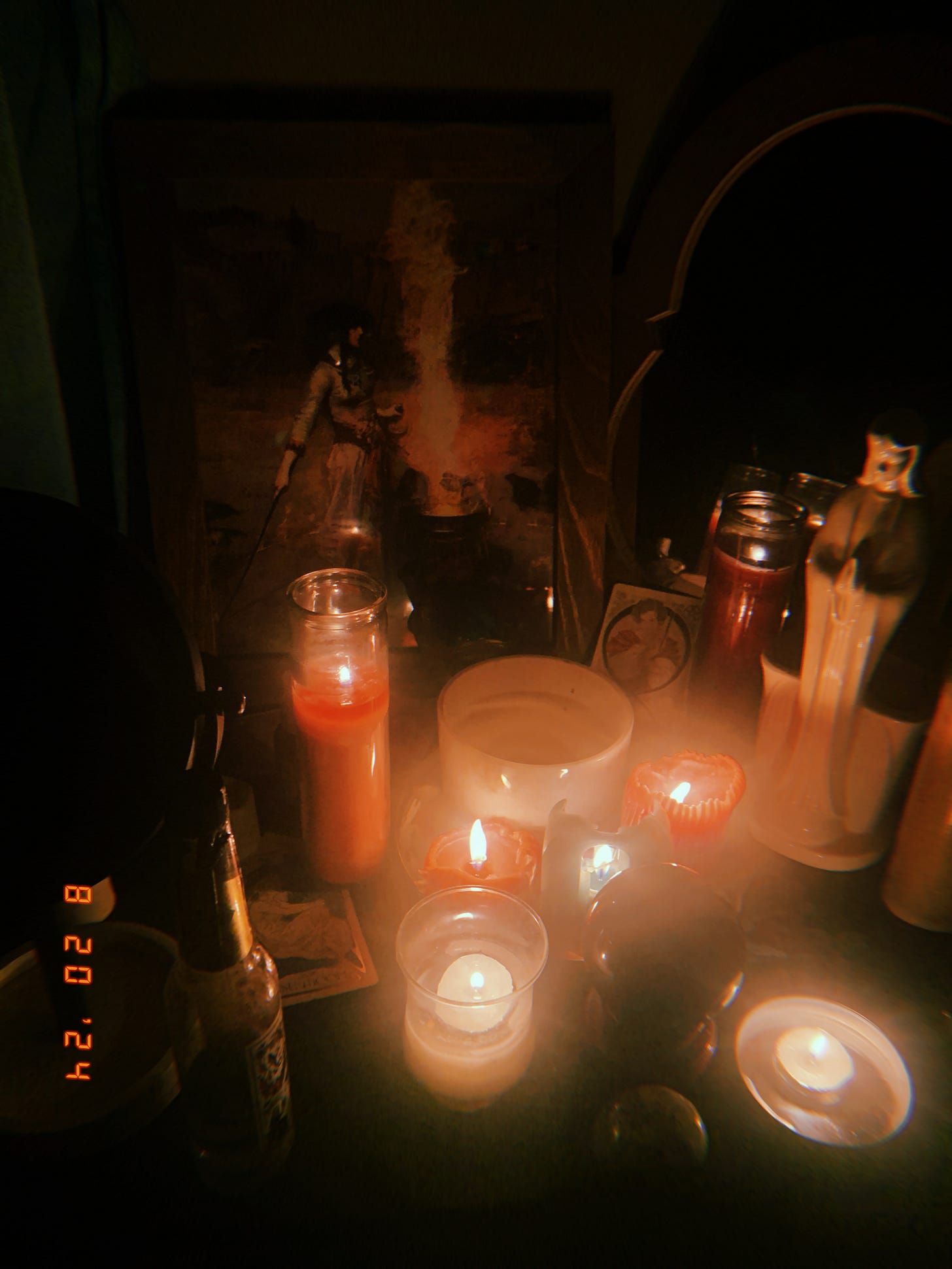Confronting shame and accountability as an act of self-devotion
Shame is a beast that consumes me. Shame for how I have acted while healing from trauma and actively experiencing it. On a loop throughout the day, thoughts flood in of past experiences that have caused so much overwhelming shame that the instant urger is to dismiss them into the depths of my brain. Shame for taking up too much space or too little. For straying outside of what is seen as socially acceptable. For shutting down and avoiding to survive the depths of trauma in my life. For being chaotic, out of control, and self-destructive in my younger years when I was just beginning how to figure out how to hold myself fully accountable and respect my own boundaries a way that caused me and others so much emotional harm.
The biggest healing experience of my life has been sitting with self-compassion for when I did the best I could when I wanted to disappear from this universe because the trauma was too much for my body and mind to handle. Prentis Hemphill in their new book, “What It Takes to Heal: How Transforming Ourselves Change the World”, eloquently writes, “it is hard to heal when you’re still being hurt”.
This sentence since reading it a week ago has stayed with me because it resonated so much. When you’re actively experiencing trauma daily you do what you can to survived. It’s near impossible to begin to dig out the root when your body is constantly in a state of fight, flight, or freeze.
The question that always comes up for me is how do I hold myself accountable and repair for emotional harm I caused by my own trauma responses when in a constant state of hell? When my own need to survive in the only way I knew how which for me a frequent pattern is repress, avoid, and hide which causes even further layers of shame?
When you are raised in an environment where conflict is not addressed, where you are constantly encouraged to white lie or hide the truth, unlearning that pattern of avoidance has been one of my biggest acts of self-compassion and gift to myself. Confronting this pattern head on in therapy so it ripples out to every component of my life has been healing even though terrifying at times. There is the constant lurking core belief and fear in my brain that being honest and confronting issues head on is “bad”. When I do no matter how big or small, there is such a large, consuming fear of the repercussions.
For me as well Hemphill's quote, “it is hard to heal when you’re still being hurt” does not mean that I do not hold myself accountable for any harm I may have unintentionally harmed while I was hurting. It means that as an act of devotion to not only myself but to the collective, I do not use the trauma as an excuse for my own actions when actively hurting. I see it as a moment of growth to repair the emotional harm I have caused by disappearing, shutting down, and not being clear and firm about my own boundaries. By holding myself accountable, I become closer to myself and who I am evolving into. By doing so, I also hold compassion for the person I was in the past who did not know any better but now does.
I make room for the shame at the table of my grief so I can say “no thank you” to it when it actively wants to destroy my life. By doing so I can welcome in the act of repair and self-compassion as a way to transform into the person I know I have always been and want to fully become.
With love and solidarity,
Chaney


